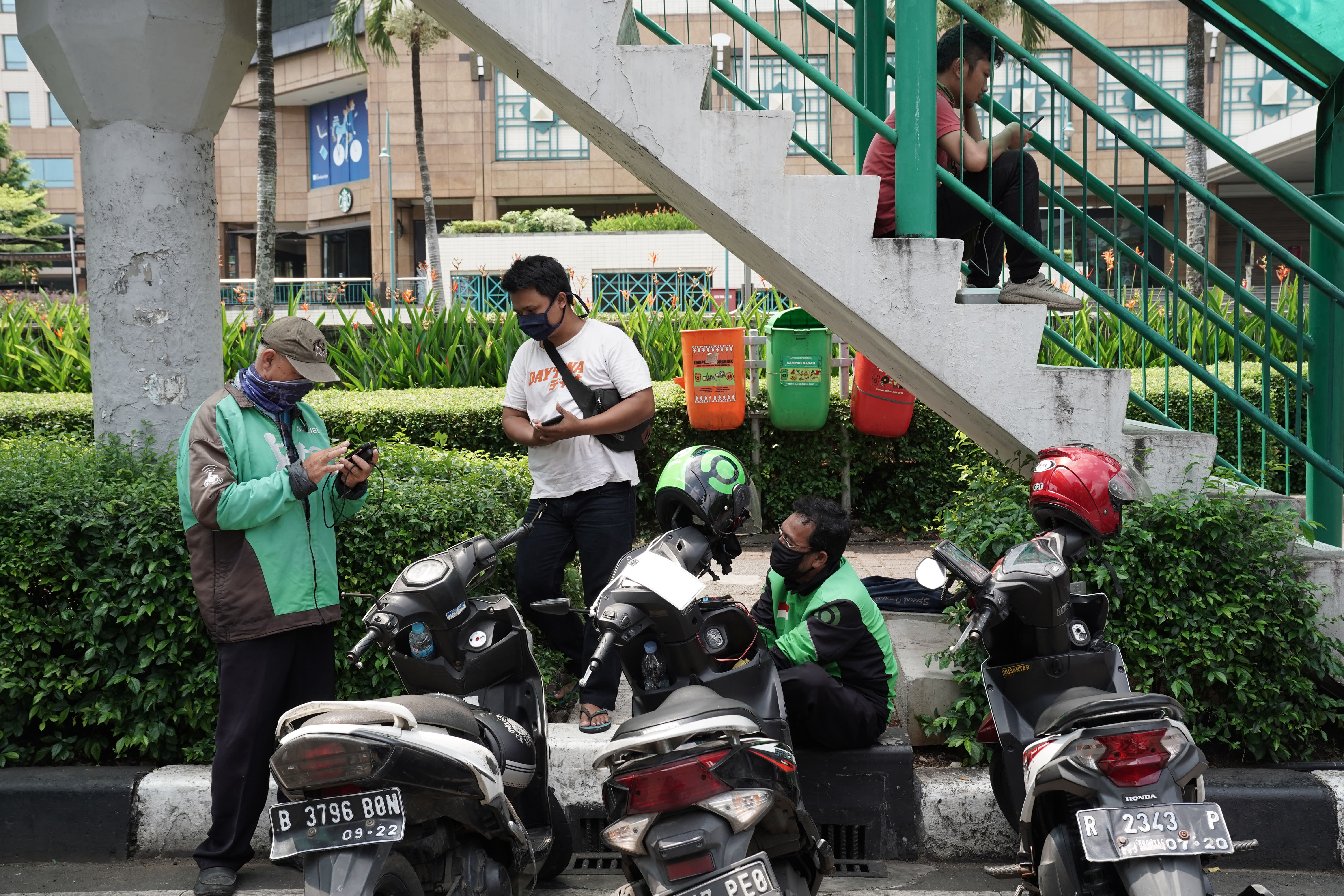SINGAPORE — Southeast Asia’s late-stage start-ups are attracting growing interest from blank-check companies that want to take them public, a venture investor told CNBC.
More than 40 SPACs — or special purpose acquisition companies — are targeting the region, according to Vinnie Lauria, managing partner at early-stage venture capital firm Golden Gate Ventures.
“SPACs have really put ASEAN on the map,” Lauria said Thursday on CNBC’s “Street Signs Asia,” referring to Southeast Asia’s economic bloc comprising 10 member states. Other late-stage investors, including private equity players, are taking note and writing large checks in the region, he said.
“The next decade is going to be a very competitive decade for CEOs. You are going to have to scale from 5 to 5,000 much quicker, to be more competitive, (and for) more money,” Lauria said.
SPACs are shell companies set up to raise money through an initial public offering, with the sole purpose of merging with or acquiring an existing private company and taking it public.
Fundraising in SEA
Southeast Asia’s start-ups reportedly raised a record $6 billion in the first three months of the year, including an over $2 billion funding round by logistics and courier service company J&T Express. Last month, Singapore-based start-up Carro, which operates an online marketplace predominantly for pre-owned cars, snagged $360 million in fresh funds.
The more established names in the region are preparing to list in public markets. Ride-hailing giant Grab announced in April that it would go public through a SPAC merger valued at $39.6 billion, one of the largest ever blank-check deal. The newly merged Indonesian tech giant, GoTo Group, is also planning to go public soon.
Lauria told CNBC that a number of Golden Gate’s portfolio companies have been approached by SPACs, and that many of them have said they are not yet ready to go public as being a private firm has its advantages.
“For a lot of our companies, they see (going public) as something one, two, or three years away. So they’re not just automatically jumping on a SPAC,” Lauria said. “When they are ready to go public, whether that’s a SPAC or traditional IPO, they will be making that call.”
Online classifieds business Carousell — one of Golden Gate’s portfolio names — is reportedly exploring listing options via the SPAC route.
Trends
Golden Gate said in a report released Thursday that by 2030, the number of IPOs in Southeast Asia will cross 300 as more local start-ups seek to list in domestic public markets. The venture firm expects a rise in medical technology start-ups, as well as for social commerce to dominate online transactions.
As the coronavirus pandemic pushed many physical business transactions online, Lauria pointed out that tech firms in areas such as food delivery, telemedicine, e-commerce and financial technology have seen strong growth. That trend is expected to continue in the near future.
Southeast Asia is home to some 400 million internet users and 10% of them went online for the first time in 2020. The internet economy in Singapore, Malaysia, Indonesia, the Philippines, Vietnam and Thailand — the largest economies in the region — is predicted to cross $300 billion by 2025, according to a report last year.
